The Grand Challenges Network - a family of global partners fostering innovation to solve key global health and development problems - announced awards under seven different request-for-proposals launched at the 2023 Grand Challenges Annual meeting, held in Dakar, Senegal. To-date awards have been awarded to 88 principal investigators in 30 different countries.
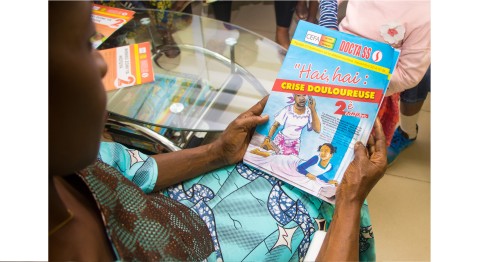
Leon Tshilolo of Institut de Recherche Biomédicale 1-Health in the Democratic Republic of Congo and Johnny Mahlangu of University of the Witwatersrand in South Africa will perform a pilot study using a mobile laboratory to conduct sickle cell disease (SCD) screening and patient follow-up in hard-to-reach and rural areas of the DRC.
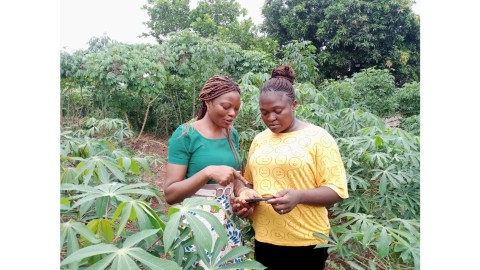
Celestina Innih of Kogi State Fadama Coordination Office in Nigeria with Cynthia Nwobodo of University of Nigeria Nsukka also in Nigeria will develop advisory services for rural women in Nigeria to make informed decisions for climate change adaptation.
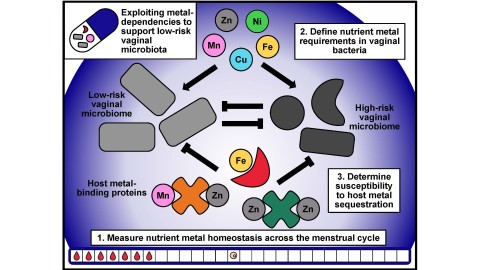
Marguerite Hood-Pishchany of the University of North Carolina in the U.S. will characterize the metal nutrient dependencies of vaginal microbial communities to design interventions that support communities associated with a low risk of diseases linked to bacterial vaginosis.
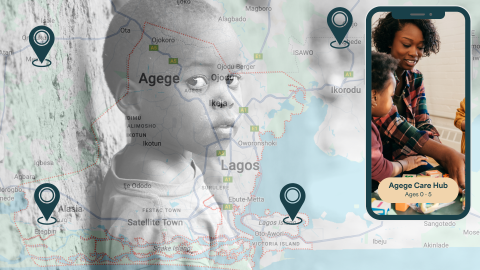
Blessing Adesiyan of the MH Institute for WorkLife Care and Policy Research Africa in Nigeria will establish 300 high-quality, cost-efficient childcare hubs across three states in Nigeria to increase women's economic potential.
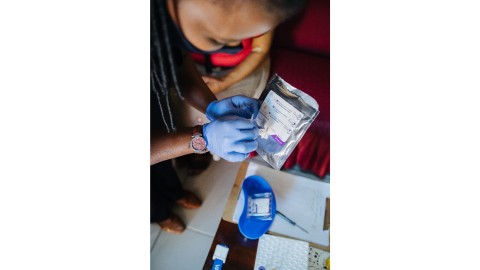
Nicole Wolter of Wits Health Consortium (Pty) Limited in South Africa will establish an African modeling partnership between South Africa, Malawi, and Kenya to ensure that serosurveillance data for vaccine-preventable diseases are effectively incorporated into epidemiological models to guide immunization programs and policies.

Blaise Bougnom of the Centre for Research in Infectious Diseases in Cameroon will develop models to predict the impact of climate change on the spread of clinically relevant, drug-resistant bacteria in maternity wards in Cameroon and Burkina Faso to enhance public health preparedness.
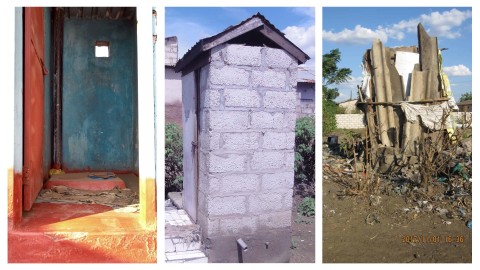
Taro Yamauchi of Hokkaido University in Japan will explore a community-based approach for menstrual hygiene management through fieldwork across different socioeconomic and sociocultural contexts in Japan, Bangladesh, Indonesia, Cameroon, and Zambia.
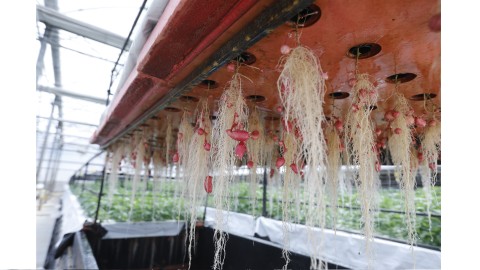
Richa Verma of Siddhi Vinayak Agri Processing Private Limited in India will support women entrepreneurs and women-led Farmer Producer Organizations in adopting climate-resilient potato varieties through a pilot program in four states in India.
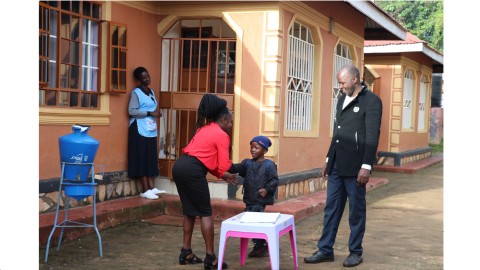
Mary Mbithi of the University of Nairobi in Kenya will test a childcare model in Kenya's Machakos County to increase women's economic participation, reduce and redistribute the burden of unpaid care, and shift gender norms related to childcare.
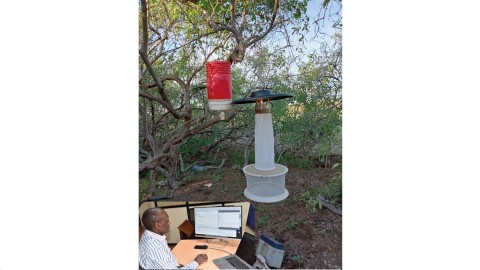
Bernard Bett of the International Livestock Research Institute in Kenya will develop disease transmission models for two Aedes mosquito-borne arboviral diseases, dengue and chikungunya, and use the models to design decision support tools to guide surveillance and control of these diseases in Kenya, Somalia and Ethiopia.
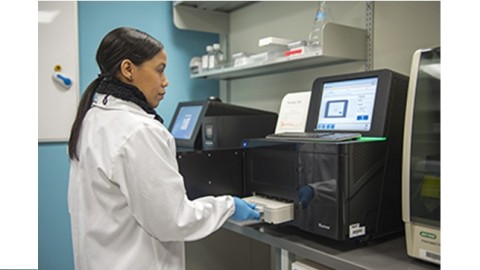
Erica Andersen-Nissen of Hutchinson Center Research Institute of South Africa and Gerhard Walzl of Stellenbosch University, both in South Africa, will perform bronchoalveolar lavage in volunteers receiving the BCG or MTBVAC vaccine intradermally in the HVTN 605 clinical trial to delineate vaccine-induced lung immune responses and identify correlates of protection.
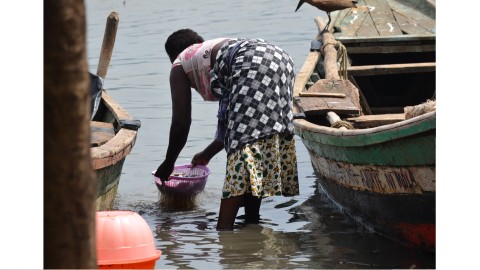
Diana Karanja of COHESU in Kenya will develop a community health information system to reduce the burden of schistosomiasis in Kenya.
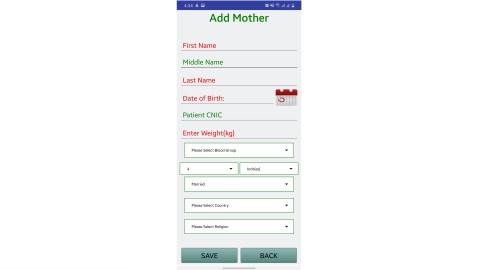
Shahid Yusuaf of Fincon Services with the Poverty Eradication Initiative in Pakistan will pilot test use of the AI-based mobile application Umeed Sey by community midwives to enhance maternal and newborn health services in Pakistan.
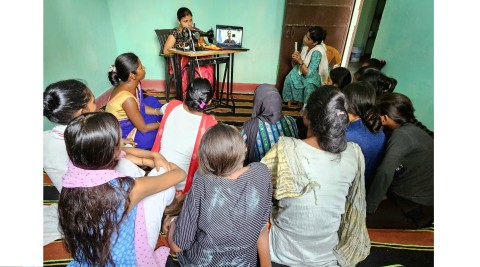
Gaurav Mehta of the Dharma life Foundation gGmbH in Germany will establish Dharma Life Community Learning Centers in India that combine vocational training for mothers with early childhood care and education for their children to improve women's workforce participation, children's educational outcomes, and social acceptance of professional childcare.
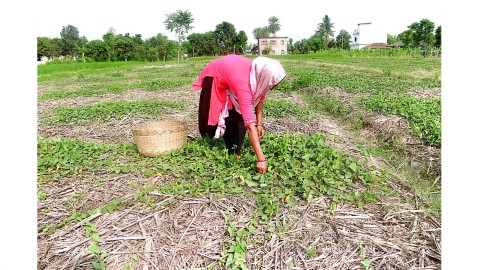
Manda Kumari Karn of the Janaki Women Awareness Society in Nepal will support women farmers in Nepal to incorporate labor-saving technologies and non-agricultural sources of income and to participate in community-based responses to climate change.
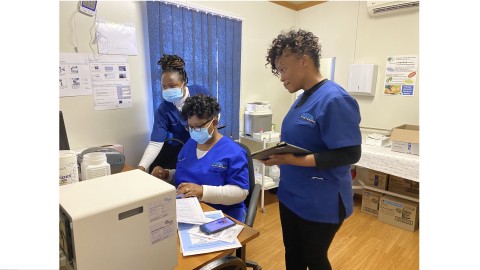
Aamirah Mussa of Botswana Harvard AIDS Institute Partnership in Botswana will pilot test a diagnostic screening program for sexually transmitted infections (STIs) in adolescent girls and young women in Botswana to determine the infection burden and the cost effectiveness of the program.
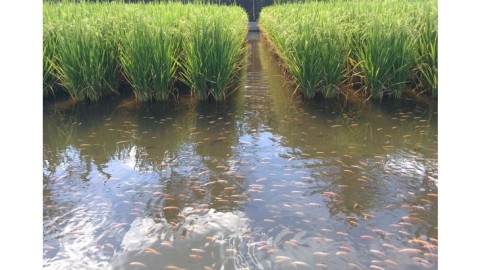
Daniel Oulai of Grainothèque in Cote d'Ivoire will support women farmers in the Tonkpi region of Cote d'Ivoire to improve their livelihoods through rice-fish farming.
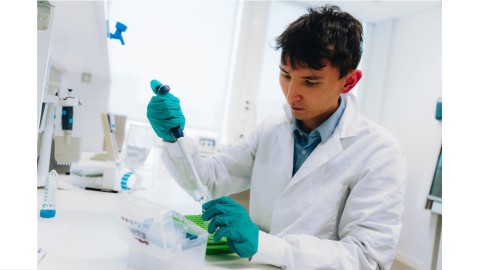
Rapidemic in the Netherlands will collaborate with Mohammed Majam of Ezintsha in South Africa to develop a prototype for a molecular test for rapid multiplex diagnosis of chlamydia and gonorrhea, while determining the requirements for its deployment in South African primary care settings to serve hard-to-reach populations.
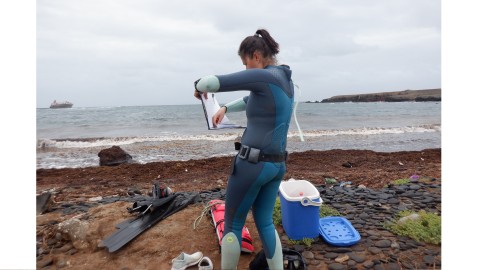
Edita Magileviciute of the Caboverdean Ecotourism Association in Cape Verde will explore the potential of locally harvested seaweed as a biofertilizer to support rural women's livelihoods and agricultural development in Cape Verde.

Nirali Chakraborty of Metrics for Management in the U.S. with Population Services International will develop a measure of women's experience of healthcare using an approach that could be deployed more broadly for measurement.

Provat Saha of the Bangladesh University of Engineering and Technology in Bangladesh will support women-led, rural agricultural microenterprises in Bangladesh in deploying a set of climate-smart technologies to enhance their productivity and resilience to climate change.
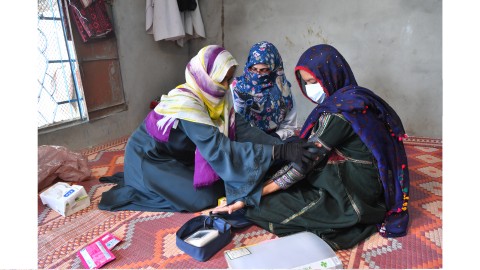
Zainab Samad of Aga Khan University in Pakistan will incorporate sex and gender as a cross-cutting theme embedded in medical education in Pakistan at Aga Khan University and Khyber Medical University.

Dyness Kejo of the Tanzania Food and Nutrition Center in Tanzania will develop an affordable, ready-to-use therapeutic food based on amaranth to treat malnutrition in children in Tanzania.
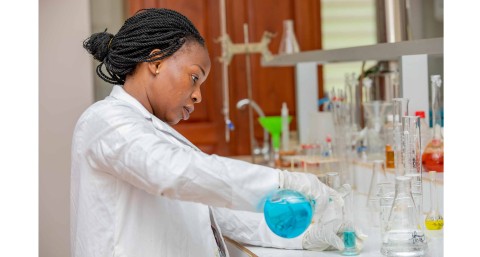
Yacine Djibo of Speak Up Africa in Senegal will develop a set of indicators to guide increased incorporation of diverse women's perspectives into health research and development to ensure that women's health products are broadly suitable and accessible.
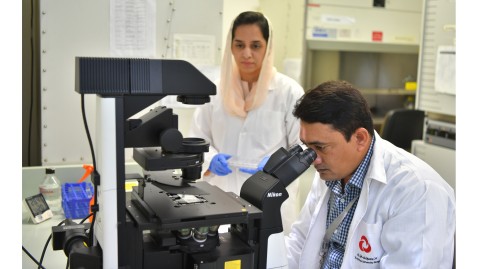
Junaid Iqbal of Aga Khan University in Pakistan will test the effects of daily supplemental feeding for women in rural Pakistan to mitigate the negative effects of heat stress during pregnancy on maternal and neonatal health outcomes.
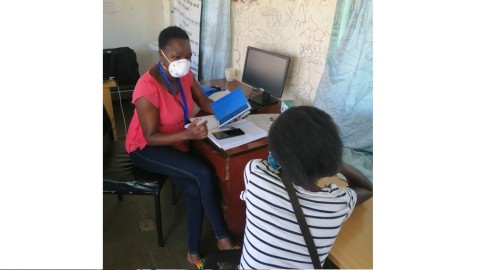
Mike Baiocchi of Stanford University in the U.S. will use LLMs to analyze conversational interviews with adolescent girls and young women in Kenya to identify causal mechanisms impairing their health within the potential interplay between living with HIV, mental health conditions, and gender-based violence.
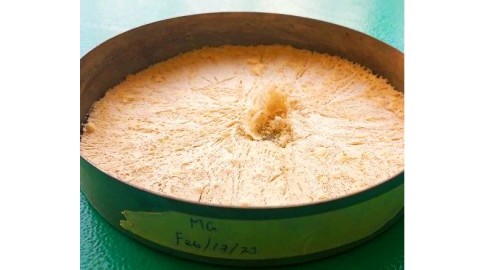
Mesfin Gemeda of Addis Ababa Science and Technology University in Ethiopia with Essential in Kenya will develop a process for fermenting agricultural byproducts to generate low-cost, high-quality proteins for products to treat and prevent malnutrition.
Rajshekhar Karpoormath of the University of KwaZulu-Natal in South Africa will test a set of potential anti-TB hit compounds against clinically relevant TB strains, using the results to generate optimized hit compounds for development of new anti-TB drugs.
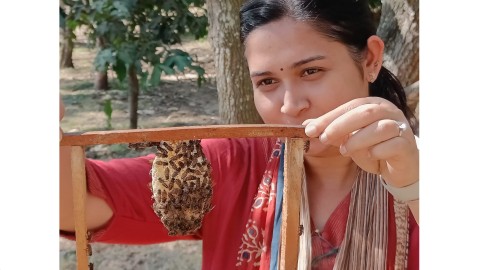
Monika Shukla of Buzzworthy Ventures Private Limited in India will establish a women-led beekeeping network in India to enhance crop yields through bee pollination and improve women's livelihoods.
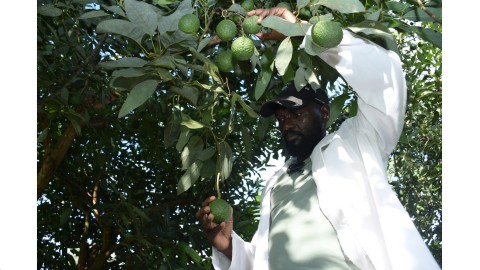
David Chiawo of Strathmore University in Kenya will develop an integrated approach that empowers women smallholder farmers in the Mount Kenya region to improve their livelihoods and adapt to climate change.
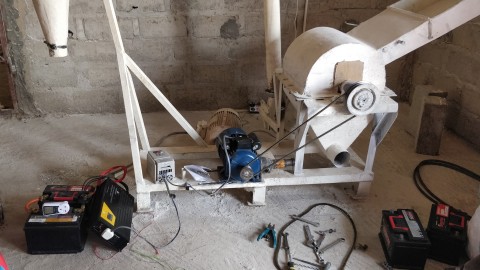
Martin Tarkpor of the Liberia Institute for Development Assessment and Research in Liberia will pilot test a battery rental system for women agricultural cooperatives to use to power their food processing equipment and sustainably increase their productivity and incomes.